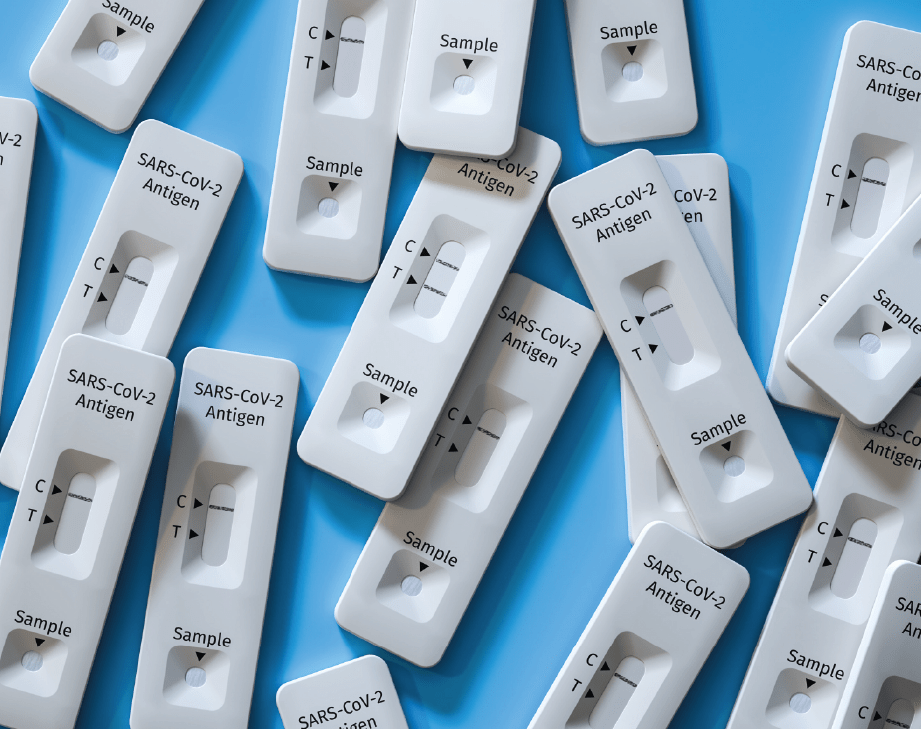

The role of mass testing in supporting employees to return to the workplace
As we near the end of a tumultuous year for businesses, we are now witnessing the anticipated ‘second wave’ of the pandemic, and while it’s difficult to predict when we will return to normal, a great deal of progress has been made since the early months of this year.
In particular, there has been a vast improvement in our understanding of COVID-19 as a disease, and both viable vaccines and therapeutic drugs that aid recovery are in the pipeline.
These developments are grounds for cautious optimism, but we are not out of the woods yet. Rolling out large-scale vaccination will be a long-term project and we still do not know how long the vaccines’ effects will last.
Depending on whether this first generation of vaccines prevents COVID-19 infection, rather than reducing the severity of symptoms, the virus may remain present in society, and there will be a continued need for testing.
Businesses must therefore utilise the available testing methods to maintain continuity and help the economy get back on its feet.
At this point, the most effective thing that business owners can do is make sure that their employees feel as safe as possible to aid the transition back to work.
After identifying 700 positive cases of COVID-19 in asymptomatic people, Liverpool’s mass testing operation helped to prevent the hidden spread of the virus across the city. It’s clear that large-scale testing is the only strategy that will help us make the transition from lockdown restrictions to mass-vaccination.
Testing options for businesses
Currently there are two main types of COVID-19 testing available for the workplace which are MHRA approved and CE Mark accredited: the rapid virus test and the rapid antibody test.
Rapid virus test
The virus test, also known as the antigen test, is a swab sample from the mouth and nose area from an on-site healthcare professional that can find out who has COVID-19 within 20 minutes. This form of testing should be carried out on a fortnightly basis. Similarly, there is a home testing kit which the employee can use and have results back from a lab within 48 to 72 hours.
The accuracy of this test has increased tremendously since the beginning of the pandemic and we are now looking at a negative result accuracy of around 99.5%. This is even more reassuring because it means that there is a negligible risk of a false negative with people endangering their fellow employees and risking business operations by carrying the virus unwittingly.
Antibody test
The antibody test is a finger-prick blood sample performed by a health advisor on site, which can find out if somebody has had COVID-19 in the past and is temporarily considered immune.
This kind of testing can have a dramatic difference to business operations as it can allow employees more freedom in the workplace and the opportunity to work in groups where necessary.
Ideally, businesses should be proactive and implement a testing programme on a screening basis rather than reactive to an outbreak.
Not only will this protect a business’ licence to operate, but it will also establish a confident line of communication between an employer and its employees.



